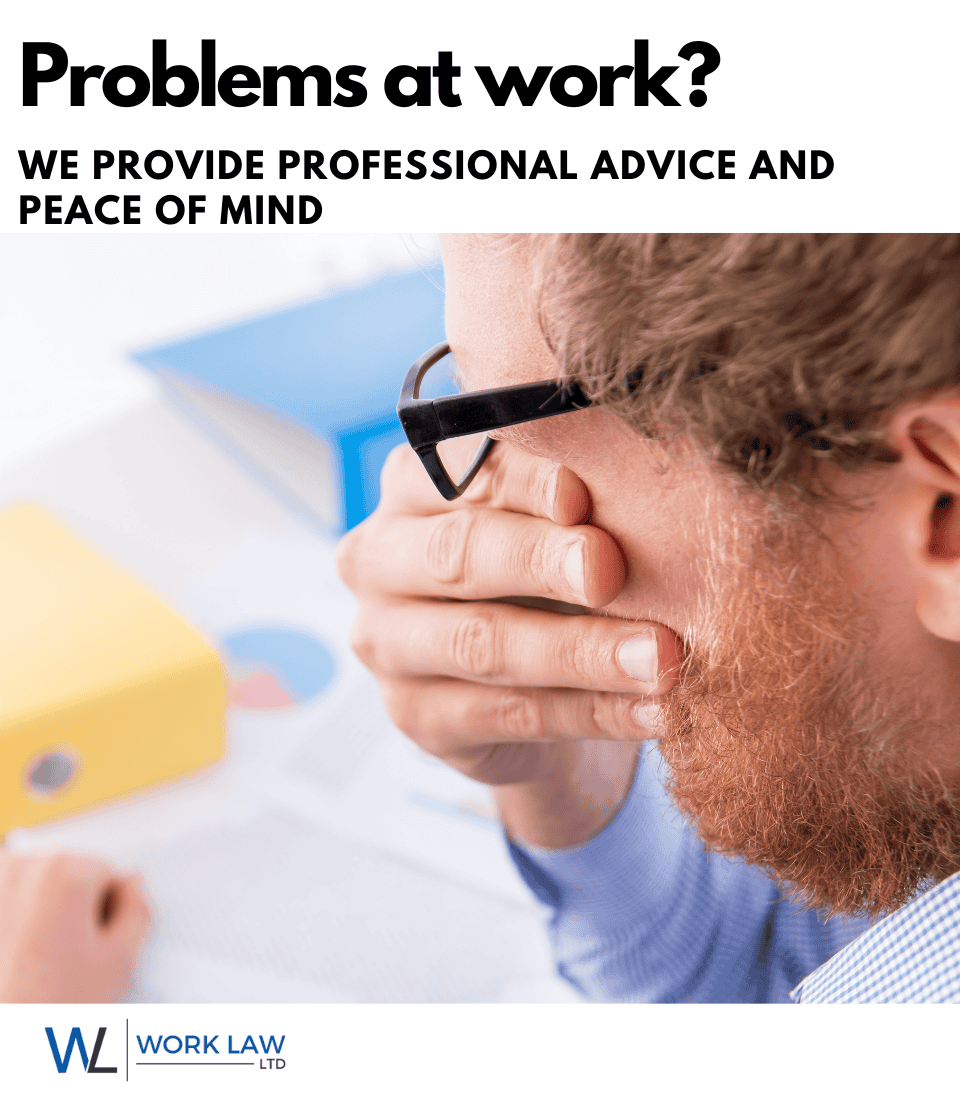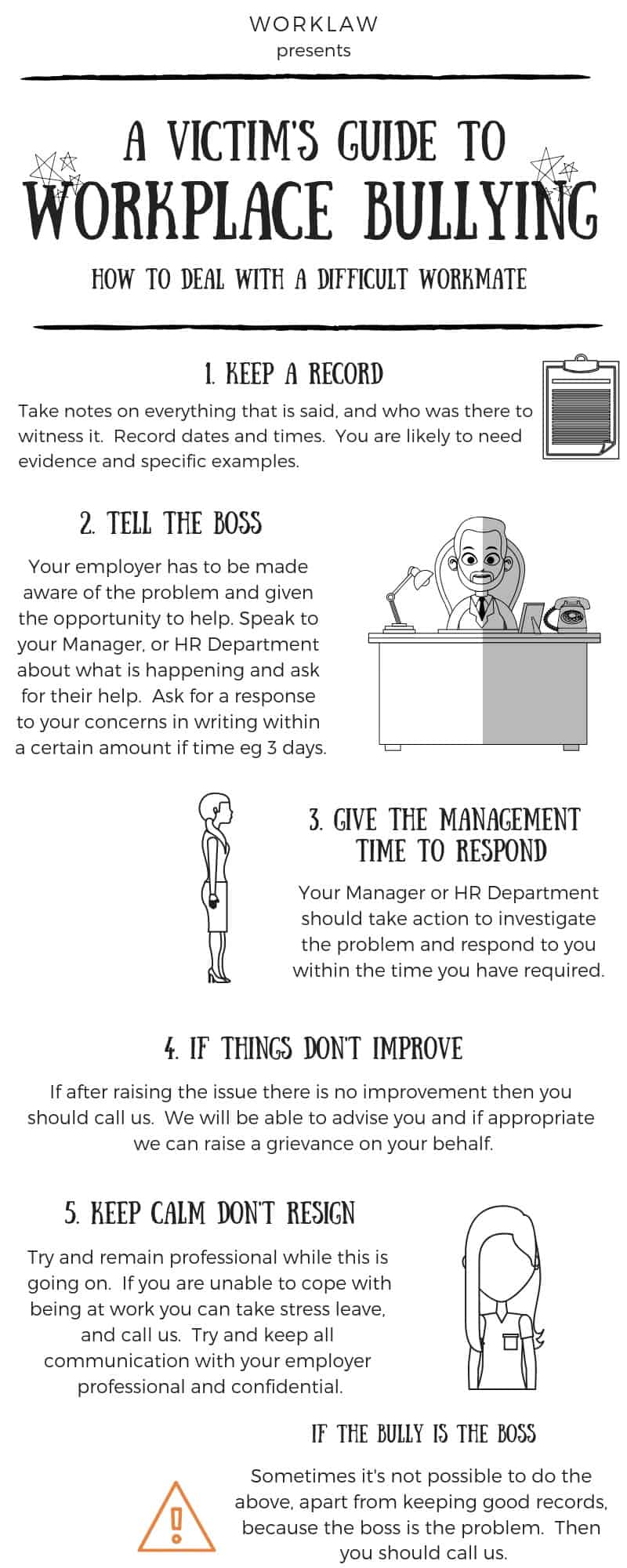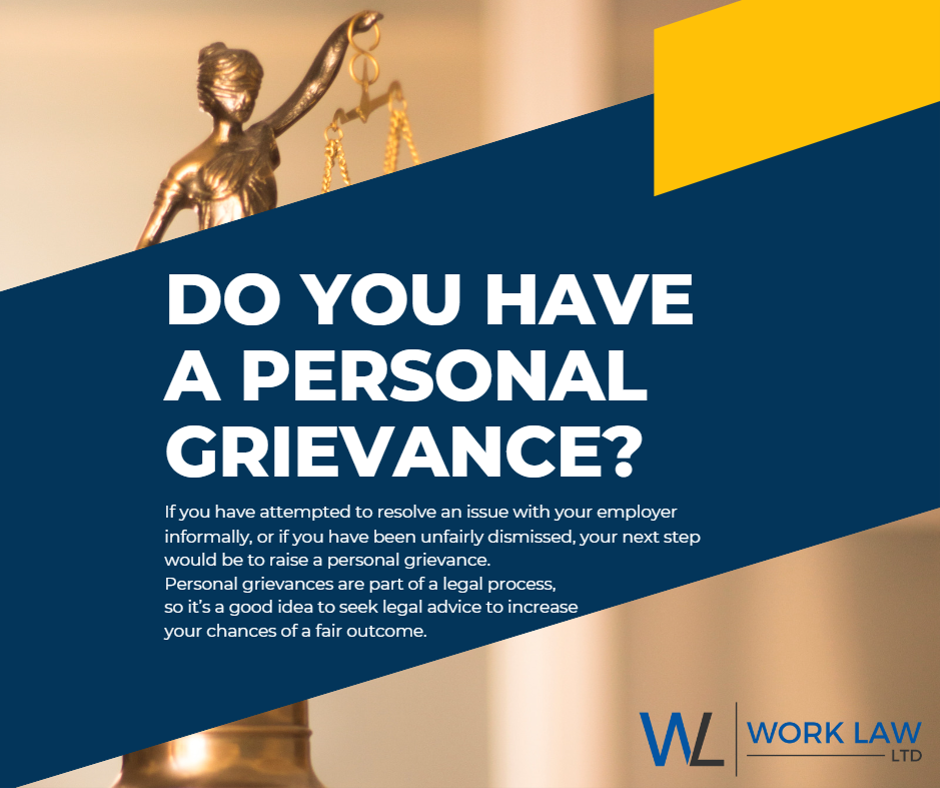Exit Packages
When an employment relationship has broken down, an exit package is often used to end the employment contract. They can be initiated by either the employer or the employee.
Exit Packages are attractive to both employer and employee.
Exit Packages allow the employer to bring the employment relationship to an end quickly, easily and without a lot of delay and expense.
There are many reasons for an employee to need to leave a job. Sometimes it’s the arrival of a new CEO who wants to place their ‘own people’ in pivotal roles. Suddenly responsibilities change, new middle managers appear, and employees find themselves doing the same job but with less status. Alternatively, an employer may genuinely need to restructure a business, resulting in redundancies, or the business may be in trouble and the employee is able to see the writing on the wall.
Sometimes you can tell you are no longer wanted or needed through no fault of your own. An Exit Package is a much more attractive option than simply resigning.
Whatever the reason it’s always best to make a dignified exit.
Many problematic employment relationships do not end by dismissal or resignation, but through the negotiation of an Exit Package.
The perception comes from dissatisfaction in the workplace for the employee, performance issues for the employer and most often when a disciplinary meeting takes place. An exit package is attractive to both parties when the employment relationship has no real future.
Typically, such a package will contain some financial benefit for the employee and possibly a reference. The employer can have the assurance that any grievances or claims arising out of the employment relationship (existing or yet to be raised) are at an end.
Our advocates can recognise the opportunity for an exit package and negotiate the best possible package in the circumstances. It is always best to engage our advocates at an early stage so that this strategy can be considered and prepared together, making for the best outcome.
If you need help negotiating an exit package with your employer give us as much information as possible below or call us on 0800 669 466.
What is an exit package?
An exit package is when both the employer and employee come to a mutual agreement for the employment agreement to come to an end quickly and without a lot of delay or expense.
Typically, an exit package will contain some type of financial benefit for the employee, sometimes including a reference.
We can assist with ensuring the process is dealt with on a professional level and the agreed terms will be recorded in a record of settlement.
What does an exit package cost?
The cost of an exit package will depend on the length of time it takes to reach the final decision between employee and employer.
We can usually get your fees paid for by the employer, this is part of the negotiation process.
From Our Clients
Thousands of employees and employers have trusted us us to help with their employment issues, here are reviews from a handful of them.
Jenifer is honest and professional.
Jenifer is a professional lawyer and kept us informed about the processes, what to expect and how it all works with raising a grievance. We liked that she is honest and gave us info straight up so we could make well-informed decisions. I would highly recommend Jenifer to anyone who needs assistance with employment issues. Thanks!
Thank you for being one of the catalysts for positive change
I am deeply grateful for Kam. She helped me through a vulnerable employment situation with a not-so-easy-to-deal-with employer while I was in an incredibly disheveled state. From the moment I first spoke to her over the phone, she put me at ease and reassured me that everything was going to be okay; and right she was. This woman represented me from start to finish, got the desired outcome, and did not waiver once throughout the ordeal no matter how difficult it got.
Kam, I cannot thank you enough for your empathy, expertise, professionalism, and support at a time when my anxiety was sky-high. If you are looking for an exceptional employment lawyer, look no further than Kam Bailey!
Sandy solved my problem in just one meeting.
What an amazing person and absolutely professional person I met as sandy ward … there is no doubt why people believe her so much … she made me so confident and relax in my stress journey when I was having work issue, in just one meeting she solve all matters by her amazing performance… I can say she is not only experience advocate but amazing person who holding human kind values
CONTACT US FOR A FREE CASE EVALUATION
LET’S GET LEGAL
Statistics prove that legal representation improves your chance of a successful outcome. Don’t hesitate, you have nothing to lose by having a free chat with one of our experts.
You can Call us or Email Us using the phone number or the form below.



